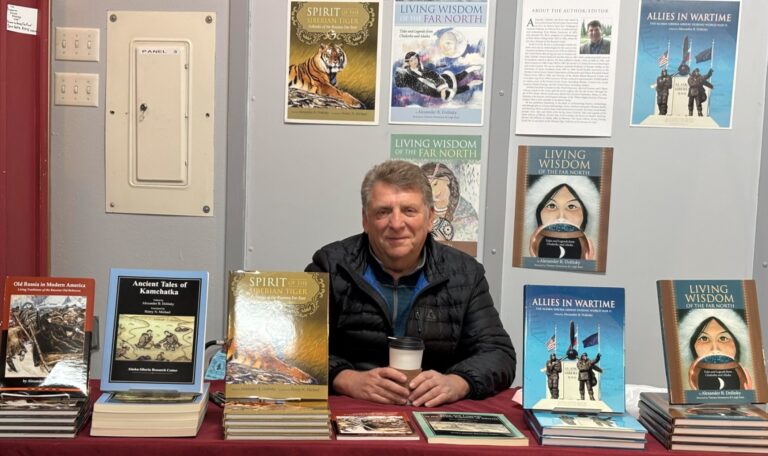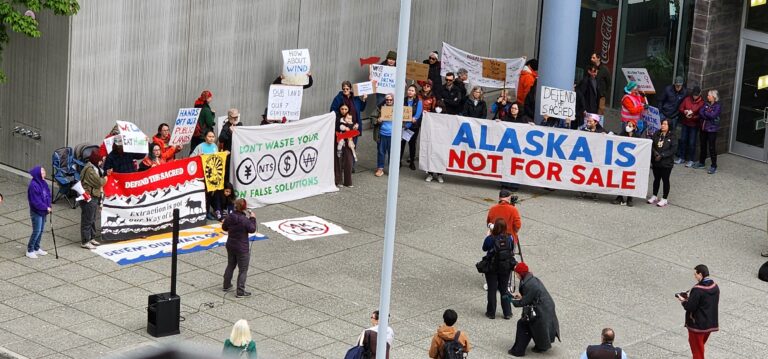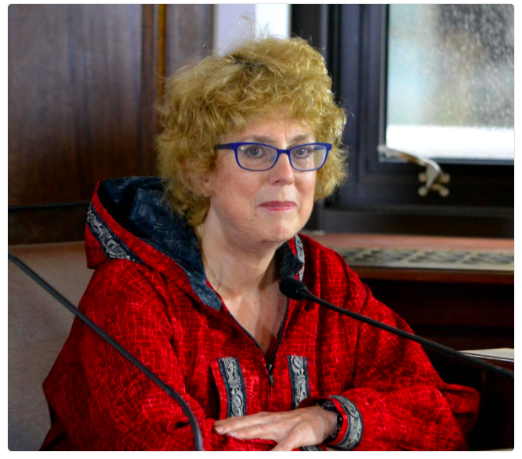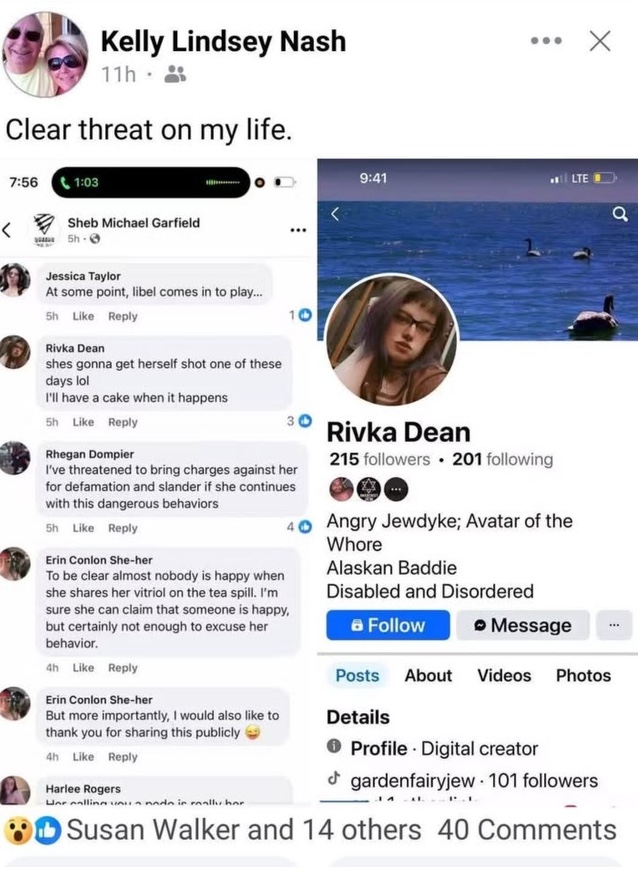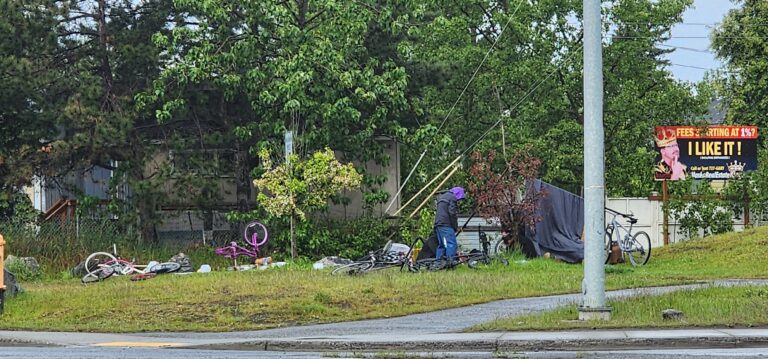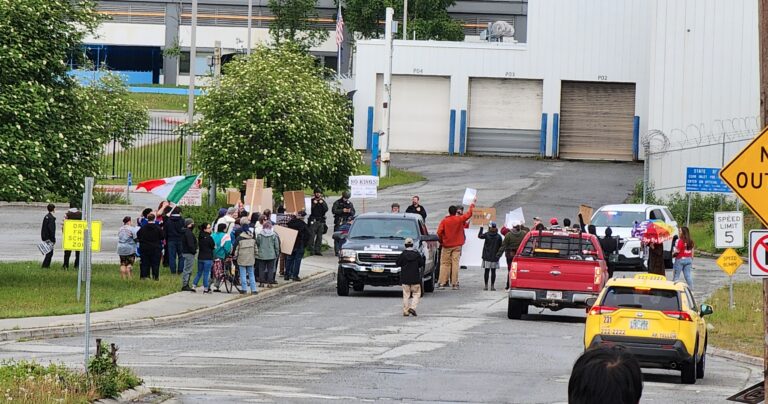By ALEXANDER DOLITSKY
Courage is the ability to face fear, discomfort or danger. It is about acting in the face of adversity, whether that’s physical hardship, moral opposition, or personal loss. Essentially, courage is about doing what is necessary even when it’s difficult or scary.
An example of courage is when someone speaks up against injustice or stands up for their beliefs and values, even if it means facing opposition or potential consequences. This could involve refusing to go along with a group that is doing something wrong, or simply helping others in need.
Historically, the famous “Dreyfus Affair” exemplified a courage and determination that tore through late 19th century France and rocked the country’s claim of “Liberty, Equality and Fraternity.” It was the Dreyfus Affair that convinced Theodore Herzl, the founder of Political Zionism, of the need for a Jewish state, which became a reality in 1948 with the creation of Israel by the United Nations.
The “Dreyfus Affair” was an espionage trial that took place in France in 1894. Captain Alfred Dreyfus, a Jewish officer, was convicted of treason for allegedly passing military secrets to the Germans. He was sentenced to a solitary confinement for life on the Devil’s Island, France’s notorious penal colony off the remote coast of South America. How could this happen in 19th century France, in which Jews had been equal citizens?
On Jan. 13, 1898, the most famous front page in the history of journalism appeared in a French paper L’Aurore (Aurora) beneath a two-word headline: “J’accuse” (I accuse!). In a long and fearless article, France’s leading novelist, Emile Zola (1840-1902), accused the French government of having orchestrated the conviction of an innocent man, Alfred Dreyfus.
Zola’s brave article immediately caused French society to split into Dreyfusards and anti-Dreyfusards. At the heart of the Dreyfus Affair was a toxic and rapidly growing anti-Semitism in France. In fact, the Dreyfus Affair and anti-Semitism in France contributed greatly to the rise of Jewish political leader Theodor Herzl and Zionist movement. Thus, Zionism was a nationalist and political movement that advocated for the establishment and maintenance of a Jewish state in the historic Land of Judea (Israel).
Zola’s intention in publishing “I accuse!” was to provoke the French government to prosecute him for libel, so that the emerging and exculpatory facts of the Dreyfus case could be, for the first time, publicly heard. Accordingly, he was tried, convicted, and sentenced to jail for his provocative (courageous) act—a penalty Zola evaded by urgently fleeing abroad.
In short, in 1898, the prolific writer Emile Zola took a courageous stance in defense of the falsely accused Dreyfus and was himself threatened with imprisonment. As a result, he urgently fled to England to avoid incarceration, without luggage, without sufficient resources, and unable to speak fluent English. Dreyfus was finally vindicated in 1906 or four years after Zola’s death in 1902.
Indeed, the patterns of history tend to repeat. Today’s pro-Palestinian and anti-Israel rhetoric masks deep-rooted antisemitism in our country and worldwide, regardless of who advocates either for or against Israel, or those who demand a release of remaining Jewish hostages that are still been held in the tunnels of Gaza by Hamas terrorists.
My good and long-time friend, via private correspondence, had a courage and intelligence to clearly assess the situation in our country, regarding the subject matter and a lack of courage on the part of American Jewry in confronting antisemitism:
“It really is surprising how silent most Jews seem today about all the widespread antisemitism sweeping the United States and Europe. Your Juneau synagogue does not seem unusual in that respect. I suppose so many Jews, at least in the United States, find it confusing to be so strongly committed to the Democrat party and then see that party embrace the “Palestinian” cause, even with its extreme and violent antisemitism. Maybe that’s an example of how we can become some political self-image of who they are. (‘I’m a liberal Democrat,’ cries my brother as he spouts the latest party talking points taken without question from Democrat politicians). But, wow, you’d think a lot of Jews would be questioning their unswerving allegiance to a political party in this case, by now. Your points [in the article ‘Free Palestine’ is a call to destroy Israel and exterminate Jews‘] about the historical background of Mideastern nations is an important perspective, too. As very few people alive today (including myself) know anything about that history and simply assume that all those nations have had very long histories as such, like so many of the major nations of the world. If it weren’t for all the petroleum in that region, all those “nations” would still be poor and ‘backward’ (primitive, undeveloped). But even though Israel has real and very long historical claims to its “homeland” and nationhood there, they are at a disadvantage of being a minority; peaceful religion surrounded by religious fanatics of an especially violent religion and basically having been given their land by a political fiat at the end of World War II. I don’t see how today’s politics cannot be terribly upsetting to any Jewish person anywhere in the world.”
Clearly, “Free Palestine” is not just a slogan, it is a genocidal call echoing the darkest chapters of history. It takes courage for all peace-seeking people, regardless of their political and religious affiliations, to stand proudly against this terrorist organization, its virulent movement and antisemitic agenda.
Alexander Dolitsky was born and raised in Kiev in the former Soviet Union. He received an M.A. in history from Kiev Pedagogical Institute, Ukraine in 1976; an M.A. in anthropology and archaeology from Brown University in 1983; and enrolled in the Ph.D. program in anthropology at Bryn Mawr College from 1983 to 1985, where he was also lecturer in the Russian Center. In the USSR, he was a social studies teacher for three years and an archaeologist for five years for the Ukrainian Academy of Sciences. In 1978, he settled in the United States. Dolitsky visited Alaska for the first time in 1981, while conducting field research for graduate school at Brown. He then settled first in Sitka in 1985 and then in Juneau in 1986. From 1985 to 1987, he was U.S. Forest Service archaeologist and social scientist. He was an Adjunct Assistant Professor of Russian Studies at the University of Alaska Southeast from 1985 to 1999; Social Studies Instructor at the Alyeska Central School, Alaska Department of Education and Yukon-Koyukuk School District from 1988 to 2006; and Director of the Alaska-Siberia Research Center from 1990 to 2022. From 2006 to 2010, Alexander Dolitsky served as a Delegate of the Russian Federation in the United States for the Russian Compatriots program. He has done 30 field studies in various areas of the former Soviet Union (including Siberia), Central Asia, South America, Eastern Europe and the United States (including Alaska). Dolitsky was a lecturer on the World Discoverer, Spirit of Oceanus, and Clipper Odyssey vessels in the Arctic and Sub-Arctic regions. He was a Project Manager for the WWII Alaska-Siberia Lend Lease Memorial, which was erected in Fairbanks in 2006. Dolitsky has published extensively in the fields of anthropology, history, archaeology and ethnography. His more recent publications include Fairy Tales and Myths of the Bering Strait Chukchi, Ancient Tales of Kamchatka, Tales and Legends of the Yupik Eskimos of Siberia, Old Russia in Modern America: Living Traditions of the Russian Old Believers in Alaska, Allies in Wartime: The Alaska-Siberia Airway During World War II, Spirit of the Siberian Tiger: Folktales of the Russian Far East, Living Wisdom of the Russian Far East: Tales and Legends from Chukotka and Alaska, and Pipeline to Russia: The Alaska-Siberia Air Route in World War II.
